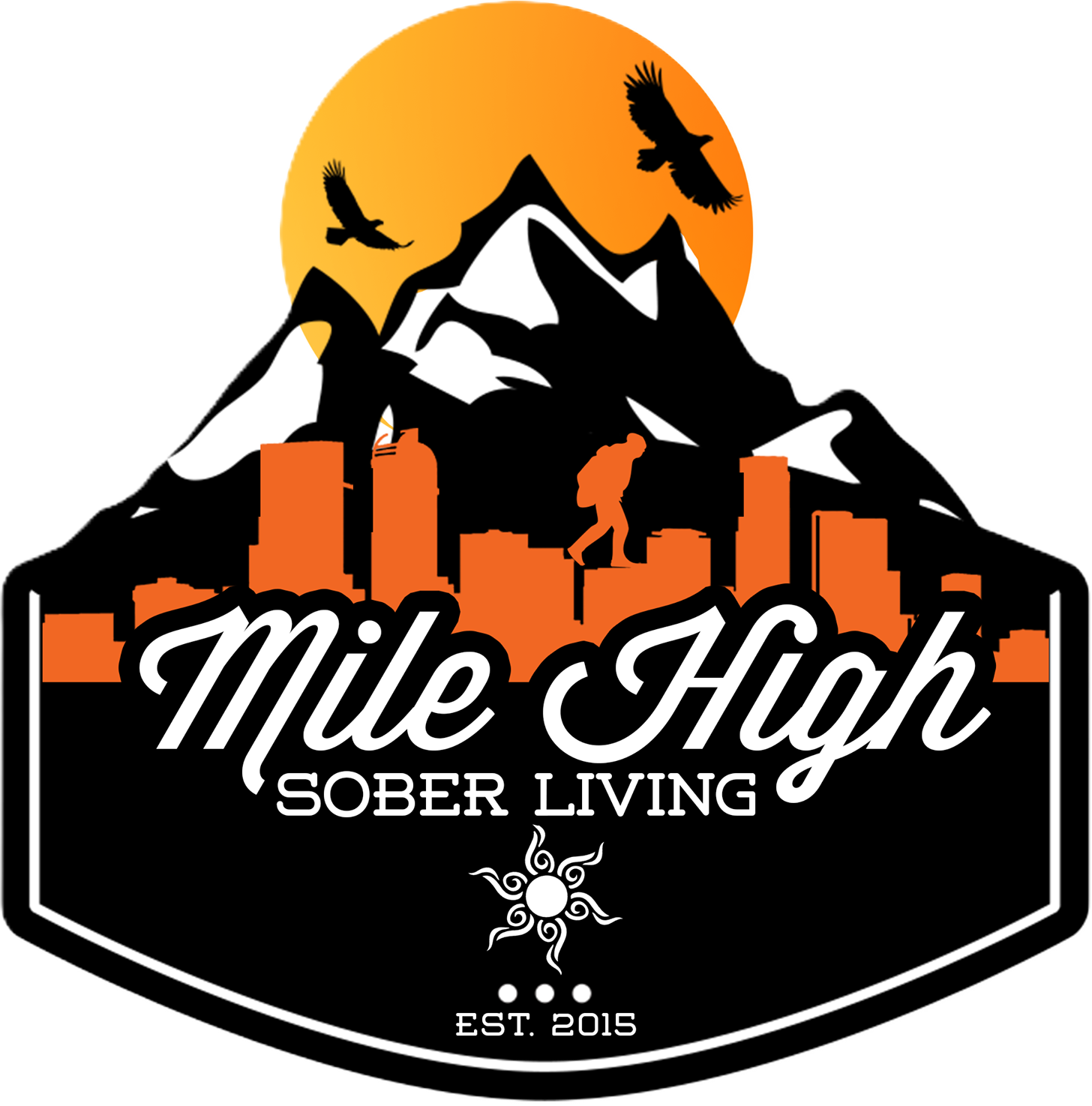Addiction treatment is rarely a one-step process. It involves several structured stages designed to meet individuals where they are in their recovery journey. Understanding the different levels of care helps individuals and families make informed decisions about what kind of support is needed at each stage.
This article explores the primary levels of care in addiction rehabilitation, from the most intensive medical interventions to ongoing support, and how they work together to create lasting change.
Medical Detoxification
The first and most intensive level of care in rehab is medical detoxification. Detox focuses on helping individuals safely withdraw from substances under medical supervision. Withdrawal can cause uncomfortable or dangerous symptoms, depending on the substance and duration of use. During this stage, medical staff monitor vital signs, manage symptoms, and provide medications to ensure comfort and safety.
While detox addresses physical stabilization, it is not a standalone solution. It lays the groundwork for the next phase of support, where individuals begin to address the emotional and behavioral components of substance use. Once it is complete, clients are usually referred to inpatient or residential programs.
Residential or Inpatient Programs
Residential or inpatient programs offer a highly structured environment where clients live on-site and participate in intensive daily therapy. These typically include individual counseling, group sessions, and evidence-based approaches such as cognitive-behavioral therapy (CBT) or motivational interviewing.
Residential treatment provides a safe, distraction-free environment that allows clients to focus fully on recovery. The length of stay may vary, typically lasting from 30 to 90 days, depending on clinical needs. This stage is ideal for those who need continuous supervision and a supportive community to rebuild healthy routines and coping mechanisms.
Partial Hospitalization Programs (PHP)
For individuals who have completed residential treatment or who need structured support without 24-hour supervision, Partial Hospitalization Programs (PHP) serve as an essential transition between inpatient and outpatient care. PHPs usually involve attendance five to seven days a week for several hours each day while continuing to live at home.
These programs combine the clinical intensity of an inpatient program with the flexibility of outpatient treatment. In addition to therapy and counseling, PHPs may also include medication management, wellness education, and skill-building activities that help participants practice real-world balance. They are particularly beneficial for individuals transitioning back into daily life who still need consistent clinical support, medical monitoring, and a structured routine.

Intensive Outpatient Programs (IOP)
Intensive Outpatient Programs (IOP) offer a lower level of structure compared to PHP but maintain a strong therapeutic focus. Clients typically go to the facility three to five days a week for several hours each day. This flexible schedule allows participants to continue working, attending school, or caring for family members while still engaging in meaningful therapeutic work.
IOPs emphasize relapse prevention, coping strategies, and emotional regulation. In addition to group and individual therapy, many programs include family involvement and life skills development. This level of care helps clients strengthen self-awareness, build accountability, and maintain structure as they adapt to real-world responsibilities.
Outpatient Program (OP)
Outpatient programs are designed for individuals who have achieved stability and require less frequent support. Sessions may be held once or twice a week, focusing on goal reinforcement, relapse prevention, and continued accountability. Outpatient care helps maintain progress while encouraging personal responsibility in recovery.
This level of care is most effective for individuals who have completed higher stages of treatment and have established a strong foundation of coping skills and support. It’s also a valuable option for individuals who need ongoing therapy or follow-up consultations to prevent relapse.
Sober Living and Aftercare Support
After completing structured treatment, maintaining consistency and accountability becomes the next focus. Sober living homes serve as a transitional phase between formal care and independent living, providing residents with a stable, substance-free environment to practice the habits they’ve developed. Within these homes, individuals strengthen daily routines, rebuild trust, and form meaningful bonds with peers on similar paths. Most residents balance work or education, attend support meetings, and assume household responsibilities, all of which promote teamwork and self-discipline.
Aftercare extends beyond housing, as it includes regular therapy sessions, peer support groups, and check-ins with counselors to ensure ongoing guidance and reinforcement of healthy habits. Unlike intensive programs, this approach emphasizes gradual reintegration into everyday life while preserving accountability and support. The sober living houses by Mile High provide this vital environment, blending structure with independence so residents can build confidence and stability as they transition into long-term recovery.
Final Thoughts from Mile High Sober Living
Each level of care in addiction treatment plays an essential role in guiding individuals toward long-term wellness. From detox to sober living, the gradual transition allows for sustained progress and stronger relapse prevention. Choosing the right combination of support ensures that individuals receive the structure and support they need at every phase of their recovery journey.
At Mile High, we understand the importance of structured support during this transitional stage. Our sober living house in Denver provides residents with a safe and accountable community where recovery principles become everyday habits. Through consistency, connection, and shared purpose, individuals are empowered to maintain lasting change.








